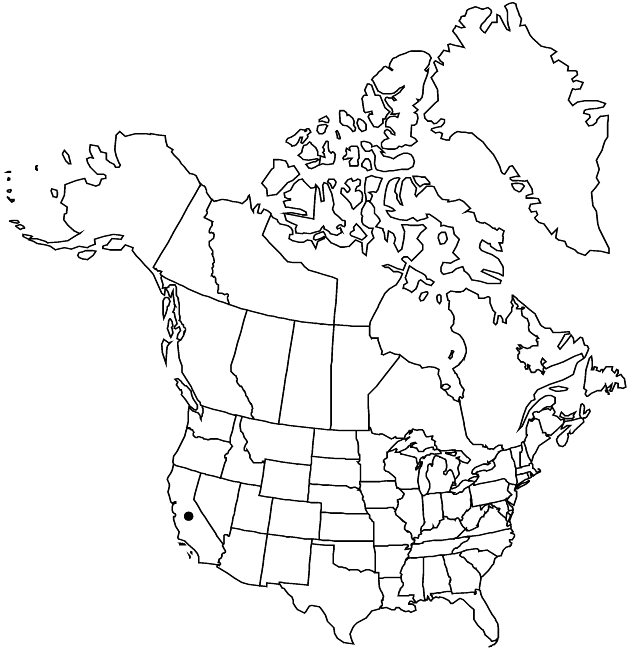Difference between revisions of "Balsamorhiza macrolepis"
Ann. Missouri Bot. Gard. 22: 132. 1935.
FNA>Volume Importer |
FNA>Volume Importer |
||
| Line 48: | Line 48: | ||
|publication year=1935 | |publication year=1935 | ||
|special status= | |special status= | ||
| − | |source xml=https://jpend@bitbucket.org/aafc-mbb/fna-data-curation.git/src/ | + | |source xml=https://jpend@bitbucket.org/aafc-mbb/fna-data-curation.git/src/f6b125a955440c0872999024f038d74684f65921/coarse_grained_fna_xml/V19-20-21/V21_228.xml |
|tribe=Asteraceae tribe Heliantheae | |tribe=Asteraceae tribe Heliantheae | ||
|subtribe=Asteraceae (tribe Heliantheae) subtribe Ecliptinae | |subtribe=Asteraceae (tribe Heliantheae) subtribe Ecliptinae | ||
Revision as of 18:47, 24 September 2019
Plants 20–40(–60+) cm. Basal leaves: blades green to gray-green, elliptic to lanceolate, 15–40+ × 4–14 cm (1–2-pinnatifid, primary lobes ovate to linear, 15–70 × 3–15 mm, usually lobed or toothed), bases cuneate to truncate, ultimate margins usually entire (slightly revolute, not ciliate), apices rounded to acute, faces strigillose to subvelutinous or tomentose (sometimes gland-dotted as well). Heads usually borne singly. Involucres hemispheric, (15–)20–30 mm diam. Outer phyllaries ovate or oblong to lanceolate, 12–30(–40) mm, usually surpassing inner, apices obtuse to acute or attenuate. Ray laminae 20–30+ mm.
Phenology: Flowering Apr–Jun.
Habitat: Open, dry or moist, grassy or rocky slopes, valleys
Elevation: 90–1400 m
Discussion
Of conservation concern.
Balsamorhiza macrolepis grows in the western foothills of central Sierra Nevada and in the eastern San Francisco Bay area (there mostly extirpated). The tall habit, exhibiting gigas characteristics, suggests that, like B. macrophylla, this taxon may be a polyploid. No hybrids with other species have been noted.
Selected References
None.
